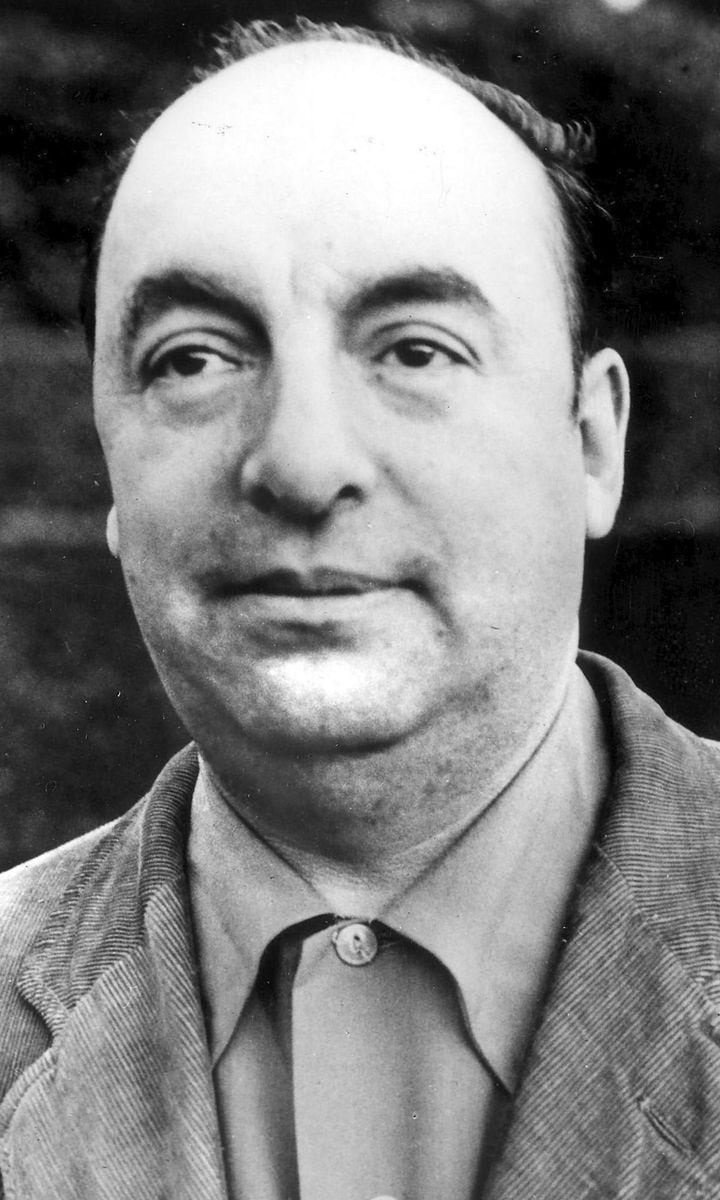Forty-nine years after Pablo Neruda died in 1973, a Chilean appeals court has ordered the reopening of an investigation. Neruda, a member of the Chilean Communist Party’s Central Committee was regarded as the country’s national poet and a testimony to the power of art.
Neruda was a supporter of socialism and an adviser to President Salvador Allende’s leftist government in Chile. He was actually nominated as a candidate, before giving his support to Allende, who won the election in 1970. In 1971, he won the Nobel Literature Prize.
With dreams and hopes for Chile, things changed on September, 11, 1973 after the military seized power in a coup led by General Augusto Pinochet. Neruda was put in a dangerous position because of his political affiliations and influence. During this time, he was diagnosed with prostate cancer. He was hospitalized and died 12 days after the coup. There has been ongoing interest and suspicions in his death ever since, with many believing it was not only the cancer that killed him, and he was assassinated.
Neruda’s family and Chile’s small Communist Party requested the case be reopened to clarify the facts.
In 2013, his body was exhumed for forensic analysis to determine whether foul play was involved. However, they found no evidence of the remains of poison.
Then, in 2017, scientists from McMaster, and a forensic team from the University of Copenhagen, found suggestions that C. botulinum was present in a molar extracted for posthumous examination, but further study was required. In 1981, political prisoners in Chile were poisoned with the same bacteria, per BrighterWorld.
Last year, a panel of international experts delivered a report on his death to the Court of Appeals of Santiago. The documents included laboratory reports from Canada, the findings in Denmark and reports from reviewing experts.
In a statement, the appeals court indicated that it had mandated handwriting examinations, evaluations of analyses conducted by experts from McMaster and Copenhagen universities, and a thorough review of the case file and expert opinions.
The poet’s driver, Manuel Araya, has claimed that he received a deadly injection from Pinochet’s agents who infiltrated the Santa Maria Clinic where he was being treated, but the appeals court did not reference the accusation, according to Reuters.
,type=downsize)
